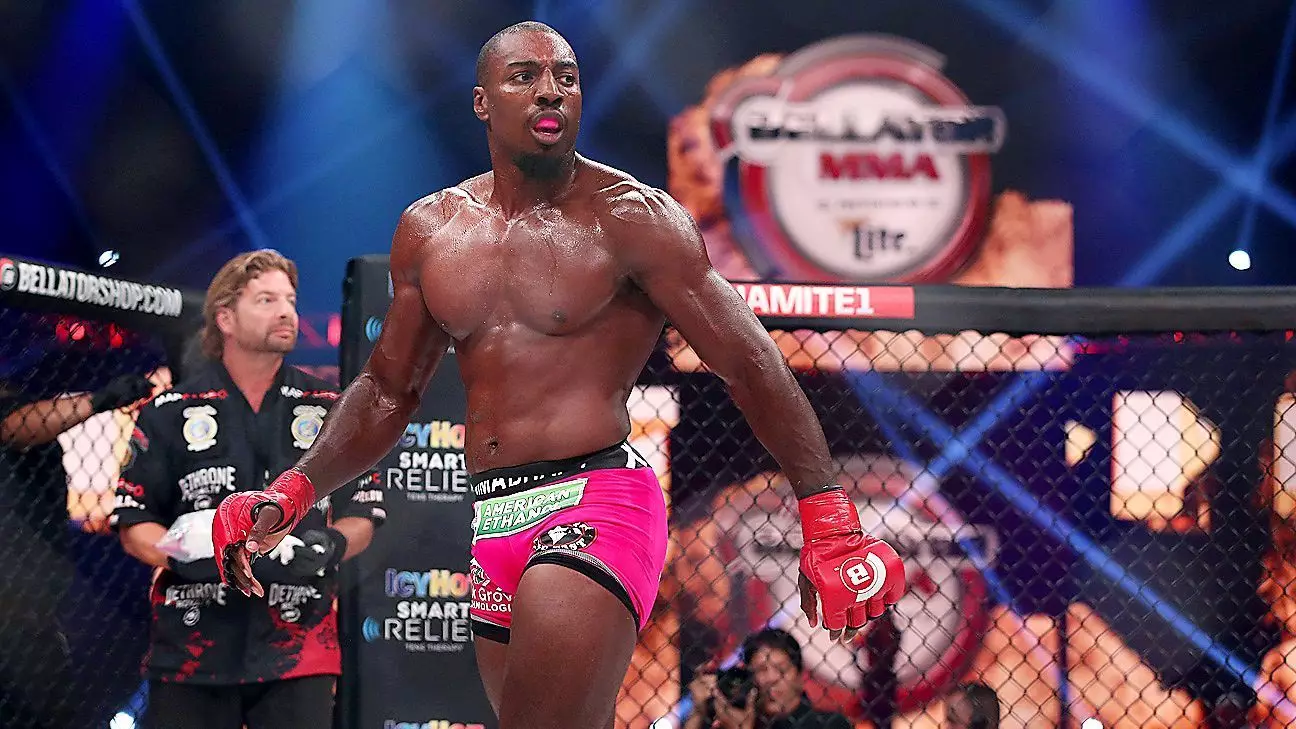In an audacious step, veteran mixed martial artist Phil Davis has launched yet another antitrust lawsuit against the UFC, filing the case in U.S. District Court of Nevada. This legal action sheds light on a pressing issue within the world of MMA: the suffocating hold that the UFC has on its fighters and the broader competitive landscape of the sport. The ongoing legal battle has stirred up a whirlwind of media attention and ignited passionate debate about fighter rights in an industry dominated by one prominent promotion.
Unpacking the Allegations
The core of Davis’ lawsuit revolves around the claim that the UFC has systematically stifled competition by making it nearly impossible for other promotions to attract and retain top-tier talent. This isn’t just an issue of market competition; it’s an assault on the very livelihood of fighters who strive for fair compensation and career longevity. The lawsuit asserts that the UFC’s business practices create an environment where athletes, even those not affiliated with the promotion, are significantly disadvantaged when negotiating contracts with competing organizations.
Startup promotions struggle to attract recognizable fighters, as the UFC maintains a chokehold on the industry. According to Davis’ legal team, the UFC’s tactics not only cripple potential rivals but also limit opportunities for fighters to secure adequate pay, regardless of whether they are directly signed to the organization.
The Broader Impact on Fighters
Davis’ case builds on a recent $375 million class action settlement against the UFC, highlighting a pattern of behavior that increasingly places financial strain on fighters, especially those not within the promotion’s ranks. The tension exacerbates the already precarious existence of many MMA athletes, who often face uncertainty regarding their contracts and pay. Legal representatives argue that the UFC’s practices not only harm its own fighters but cast a shadow over the entire MMA community.
One significant objective of this current lawsuit is to empower fighters by allowing them to terminate promotional contracts without penalty after the completion of just one year. This shift could lead to a more equitable landscape, granting fighters the flexibility to pursue better opportunities and compensation. Such reforms would represent a seismic shift in a sport operating under outdated and restrictive contractual norms.
Davis’ Stand for Fighter Rights
Davis, who has fiercely championed the cause of fighter rights throughout his career, emphasizes his commitment to eradicating the barriers imposed by the UFC. “I am proud to stand up for professional MMA fighters to unlock the UFC’s stranglehold on the entire sport,” he declared, illustrating his dedication to the fight against exploitation in a sport that should promote fairness and opportunity. At 40 years old, Davis is not merely fighting for his own interests; he is striving to ignite a movement that recognizes the contribution of all fighters across various promotions.
The UFC has yet to officially respond to the lawsuit, but the growing tension surrounding these antitrust claims may force the organization to address its policies and practices sooner rather than later. The stakes are incredibly high—not just for fighters like Davis, but for the future of mixed martial arts as a whole. As this lawsuit unfolds, it has the potential to alter the trajectory of the sport, paving the way for a more balanced playing field for fighters everywhere.


Leave a Reply